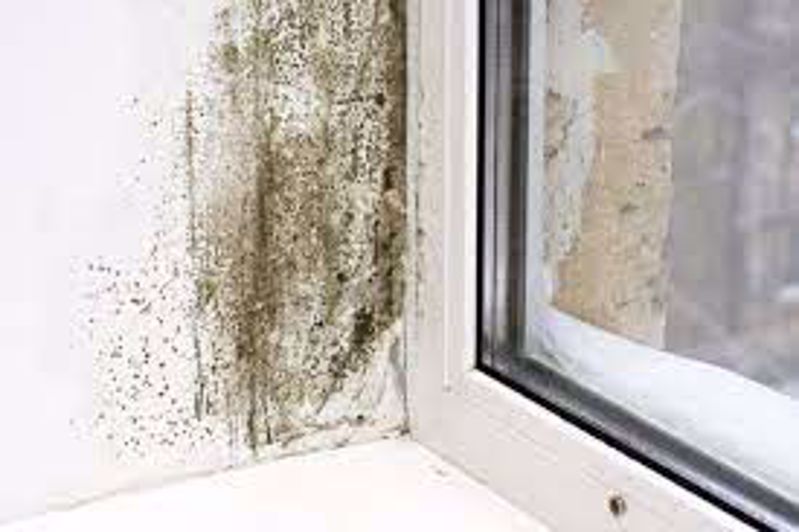Your home is your castle and with a Home Depot Money Saving Coupon from We Are Coupons looking after your castle costs less. Condensation is an unpleasant and unsightly problem that can cause damp patches and mould growth. It can also cause wooden window frames to rot and is harmful to your health.
There are a number of ways you can avoid condensation in your home. These include using energy efficient heating and ventilation systems.
Heat your home properly
Condensation in the home is one of the most common issues, but it can be easily avoided. The key is to heat your home properly and make sure it's well ventilated.
Condensation occurs when air comes into contact with cold surfaces such as window panes or walls, and the moisture in the air gets trapped inside the water vapour. This is most common in the winter and can be caused by a difference between the air temperature indoors and outside, but it can also occur if the room is too dry or if there's poor ventilation.
Relative humidity is a good measure of moisture levels inside a home, and it should be around 60 percent to avoid condensation problems. Too high and you'll be susceptible to dust mite infestation, odour problems, and mould growth on your windows and walls.
The EPA recommends using a humidity meter to measure relative humidity, and adjusting the humidity level in your home accordingly. You can find these in many big-box retailers and online home improvement shops.
Another thing to consider is the type of insulation you have installed in your home. If the insulation is not thick enough it will allow the heat to escape from your property, resulting in excess condensation in the walls and attic.
Investing in double glazing or insulation will help reduce the amount of heat that escapes from your home and prevent condensation problems. This will also increase your energy efficiency and cut down on heating bills.
Opening windows for short periods can also help to improve the ventilation in your home. However, don't open windows in every room all the time as this can lead to overheating and make it harder to get rid of condensation.
Finally, you should keep any house pets or plants out of the house when you're not using them to prevent them from producing excess moisture. These are the biggest causes of condensation in the home and it's a good idea to move any houseplants outdoors when they're not being used or covered up.
If you're experiencing condensation problems in your home, it's a good idea to have an expert come and assess the situation. These specialists will be able to find the cause of the problem and suggest a permanent solution.
Ventilate your home properly
Ventilation is a way of ensuring that fresh air comes in and old, dirty air goes out. It can help to remove airborne pollutants, such as cigarette smoke and mold.
You can also use ventilation to control humidity levels inside your home. High humidity can cause condensation to form on windows and surfaces. This can be a problem as it will make your home feel overly damp and lead to mould and wood rot.
Condensation is caused by moisture in the air that can't hold up to the temperature so it will drop off and form tiny drops of water. This is a good indicator that you need to ventilate your home properly.
The best way to ventilate your home is by opening doors and windows, especially during the colder months. You should open these at least once a day, no matter how cold it is outside, as this will create a cross-draught which helps to keep the stale air out and the fresh air in.
Alternatively, you can have a system installed that will allow you to ventilate your entire home at one time. This is a great option for people with allergies or asthma as it will remove airborne dust and pollen.
Another way to ventilate your home is by using an extractor fan. These are particularly helpful in rooms that generate a lot of condensation, such as your bathroom and kitchen. They will reduce the amount of condensation that forms on your windows and walls as the moisture that is produced during bathing, showering or cooking will be removed from the air.
It is also a great idea to open your window and door vents before you go to bed, especially if the weather is not too cold as this will help to clear the stale air from your home. This will also help to improve the air quality in your home and help to keep hay fever symptoms at bay.




